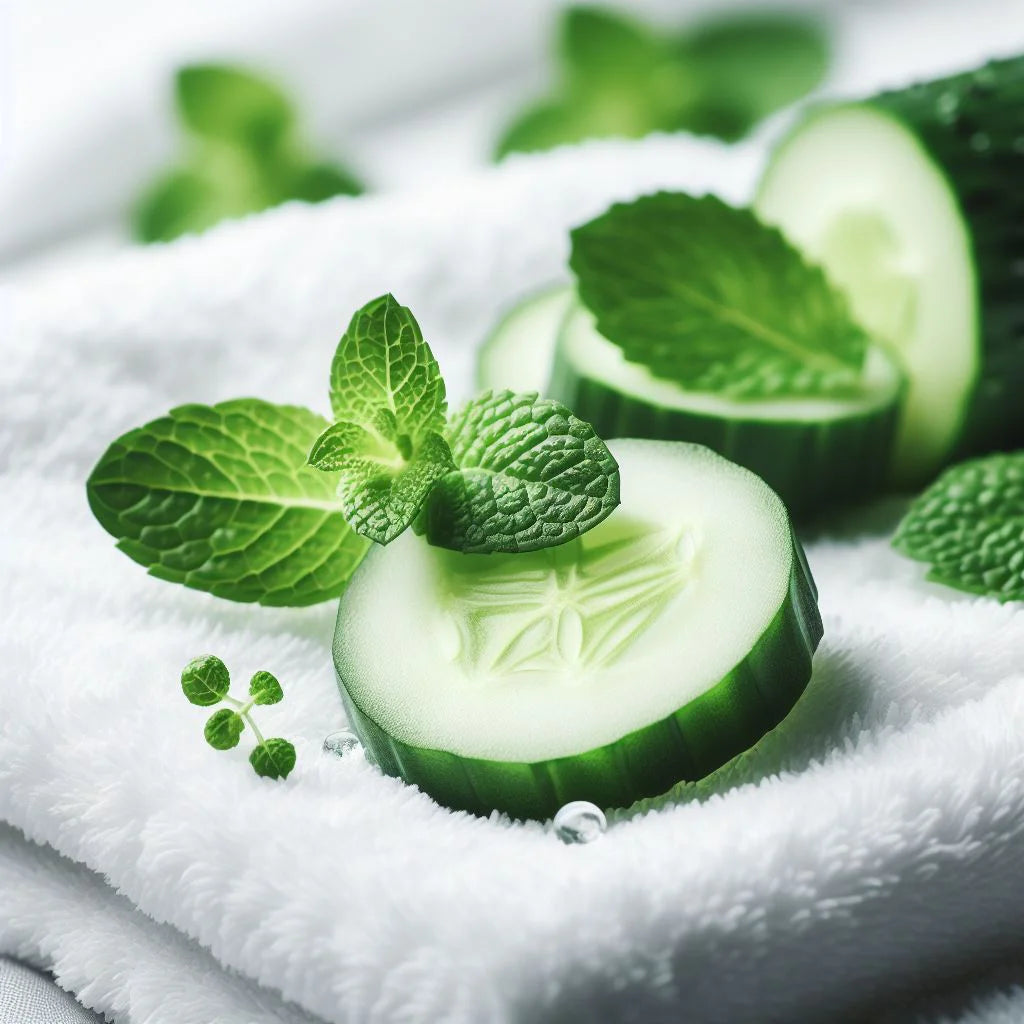Achieving Skin Harmony: The Science Behind Homeostasis and Balancing Your Skin
The skin, our body's largest organ, acts as a protective barrier between the internal environment and the external world. Maintaining the health and balance of the skin is both complex yet crucial for overall well-being. In this skincare blog, we will delve into the fascinating world of skin homeostasis and explore how to achieve a harmonious balance for radiant and healthy skin.
Homeostasis is the body's ability to maintain stability and balance in its environment which is key to achieving healthy looking skin. When it comes to the skin, homeostasis involves regulating various factors such as hydration, temperature, pH levels, and microbial balance. The skin achieves this delicate equilibrium with the adjustment of cellular processes that have been affected by both internal and external influences.

Key external Factors Influencing Skin Homeostasis:
Hydration:- The outermost layer of the skin, the stratum corneum, plays a vital role in preventing water loss. A balance between natural moisturising factors (NMFs) and lipid content helps maintain optimal hydration. This can be knocked out of balance with poor diet, harsh weather and a skincare routine which is not suitable for your skin type/needs.
- Use of gentle cleansers, emollients, humectants, ceramides and occlusives in skincare products can help to support the skin's natural barrier function and prevent dehydration. In addition to this, a nutritious and healthy diet incorporating plenty of water can help keep skin at optimal hydration.
- Blood vessels in the skin dilate or constrict to regulate blood flow and control temperature.
- Help the skin maintain its thermal balance by avoiding extremes in weather and using luke warm water for cleansing.
- The skin's slightly acidic pH (around 4.7-5.75) creates an environment that discourages the growth of harmful microbes.
- Gentle cleansers with pH-balanced formulations are essential to avoid disrupting the skin's acid mantle.
- The skin hosts a diverse microbiome, contributing to its defense against pathogens.
- Probiotic skincare, prebiotics, and maintaining good hygiene practices can help to support a healthy microbial balance.
Strategies for Balancing the Skin:
Customised Skincare Routine:- Understand your skin type and tailor your skincare routine accordingly.
- Incorporate cleansers, moisturisers, and serums with ingredients that address your specific skin concerns.
- UV radiation can disrupt the skin barrier and lead to various issues such as dryness and redness/inflammation.
- Regular use of broad-spectrum sunscreen helps protect the skin from harmful UV rays. Look for a 5* rated SPF 30 moisturiser as a minimum for daily use
- A well-balanced diet rich in vitamins, antioxidants, and hydration supports skin health from within.
- Drinking an adequate amount of water helps maintain skin elasticity and suppleness.
- Chronic stress can impact the skin's homeostasis.
- Practices such as meditation, deep breathing, and adequate sleep contribute to overall skin well-being.
Conclusion: Achieving and maintaining skin homeostasis requires a holistic approach that considers internal and external factors. By understanding the intricate mechanisms that govern skin balance and adopting a personalised skincare routine, you can promote a radiant and healthy complexion. Embrace the science of skincare to achieve skin harmony and unlock the full potential of your skin.

